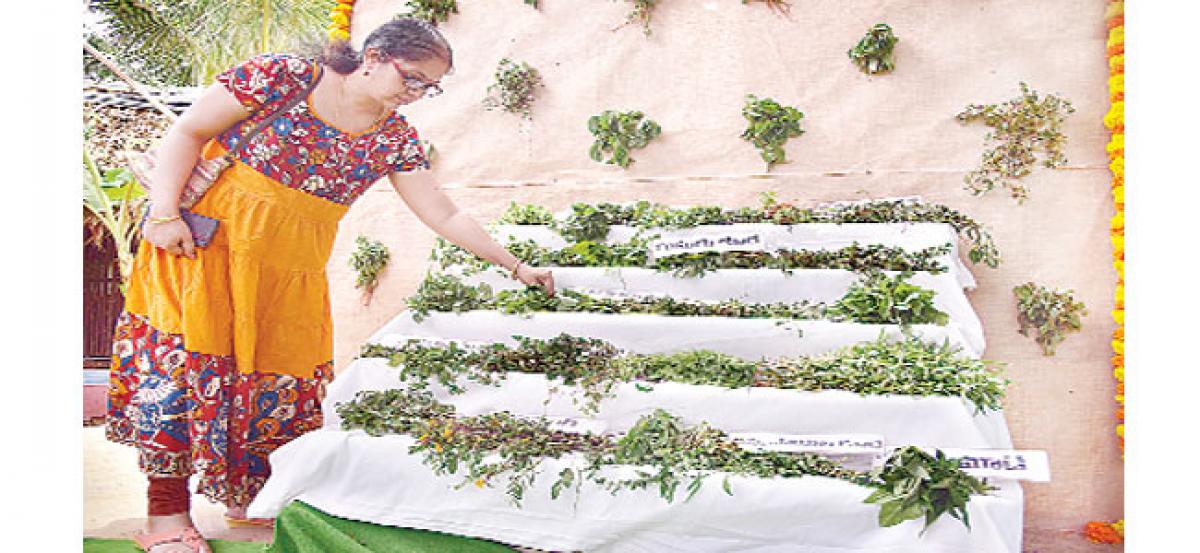Unknown weeds that add nutritional value to your platter

Did you ever come across Gods Own Plants, the uncultivated plants that are usually termed as weeds It is common to ignore and cut down these naturally grown plants but people in the hinterland have been eating them for years and gaining from their nutritional value
Hyderabad: Did you ever come across ‘Gods Own Plants’, the uncultivated plants that are usually termed as weeds. It is common to ignore and cut down these naturally grown plants but people in the hinterland have been eating them for years and gaining from their nutritional value. Poor families in rural areas feed on these plants and keep their body healthy. There are more than 150 such plants that grow in a year.
“These plants are highly nutritious than the leafy vegetables that are available at the vegetable market. No manure is required for these plants. Considering them as weeds and unwanted plants as many as people in the city ignore and fail to know its utilities but the poor farmers in rural areas are exceptional. They eat roti with a curry made of these weeds every day,” says P V Satheesh, director, Deccan Development Society.
Dr Suresh Reddy, working with Deccan Development Society, said that these plants were not just used for consumption but also as manure to enhance soil fertility. However, there was a decline in its produce with the usage of pesticides. It is high time to keep an end to chemicals oriented farming and give way to organic farming for good and healthy yield. On Saturday, participating in the festival of uncultivated foods in collaboration with Deccan Development Society and Disha Consumers Movement, as many as women farmers have spoken about the uncultivated foods and its advantages to the people in the urban areas.
“For more than 50 years I have been eating these weeds and remained to be strong with no health issues. I collect these from my farmland and cook them to eat with rotis. It adds proteins to the body and helps us to sustain the physical effort we put throughout the day. I have 30 acres of land and sow a variety of millet seeds every year. In every acre around seven uncultivated plants would grow. We feed on these weeds and avoid reaching out to the vegetable markets to save money. We cannot afford to buy vegetables which costs around Rs 1,500 to Rs 2,000 in a year,” said Chandrama, farmer and Uttama Women Raithu awardee.
She further said that it has become a tradition for most of us. This was learnt from our parents and grandparents. They taught us how to identify these weeds that are meant to eat. We now teach the next generation and ensure that they follow it. As of now, there are around 5,000 women farmers with close to 40 such farmers from every village.
Another women farmer, Mogulama, from Potipalli, Sangareddy, Narishakthi award winner in the year 2018 said, “Initially we have no support to take up farming as a livelihood but later with the help of Deccan Development Society in terms of the supply of farming equipment and deployment of workforce at the time of collecting these weeds, we took this to the core and happily leading our lives."














